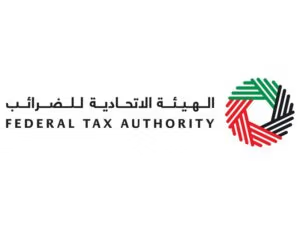In the 2023 Global Gender Gap Index, the UAE emerged as one of leading countries with the highest gender parity in the world. Global gender statistics and research focus on key socio-economic indicators that quantify the extent of a level playing field for both genders. Economic participation and financial literacy serve as crucial tenets in the quest for an equitable economy. The average financial literacy rate in the region is higher than 38%, which surpasses the global average. However, when this statistic is further broken down to examine the state of gender dynamics, societal cracks begin to emerge.
Access to credit and sophisticated financial services are the need of the hour
Natalia Ishchenko, CEO and founder of FlyInvest, reveals that female financial literacy in the MENA remains lower than male financial literacy by five to ten points. This systemic disparity between the sexes seems to prevail in the region due to the females limited access to credit. Credit serves as an essential tool for entrepreneurs to establish their presence in the market. Ishchenko outlined the UAE’s focus on bolstering female entrepreneurship through its 2030 sustainability vision.
Female financial literacy has risen from 29% to 33% in the MENA region, equipping women with basic financial knowledge and tools. Transacting effectively, navigating insurance claims and mortgages are key skills women in the region have mastered as a result of government reforms. But complex financial practices such as wealth management and investments are still led by male citizens in the region, according to Dagmar Turkova, Co-Founder & COO Inova Global Solutions. “Though 54% of women in the region are familiar with different financial practices and products, only 7.5% of them rate their grasp on these subjects as high”, remarked Turkova.
Networking as a tool for growth and gender parity
Umarrah Shafiq, a chartered financial adviser at Skybound Wealth Management, reiterated the impact of credit on female entrepreneurship in the UAE and the region at large at the Women in Finance conference. Aside from access to tools and funding programs, female entrepreneurs in the UAE will benefit greatly from networking opportunities. “In order to see more female representation at the C-suite level or in the business landscape, the UAE must inculcate the practice of networking among its budding female business owners,” said Shafiq. “Spotlighting female role models and innovators from the UAE and the MENA region is just as important as cultivating financial awareness in the region,” adds Shafiq. Due to pre-existing gender roles in the region, many female business owners are met with the inevitable task of upholding their households, while building their commercial presence in the market. “This [gender roles in the region] can greatly impact their risk appetite in the UAE,” Shafiq emphasized at the conference.
The Women in Finance conference offered a spectrum of statistics and policy suggestions to uplift female entrepreneurship in the UAE and the MENA region. Amidst the enthusiasm and engaging discourse, every female founder and visionary agreed that empowering female-led businesses is a collective decision and mission. One that will flourish and reach new heights in nations that prioritize inclusivity, such as the UAE.






